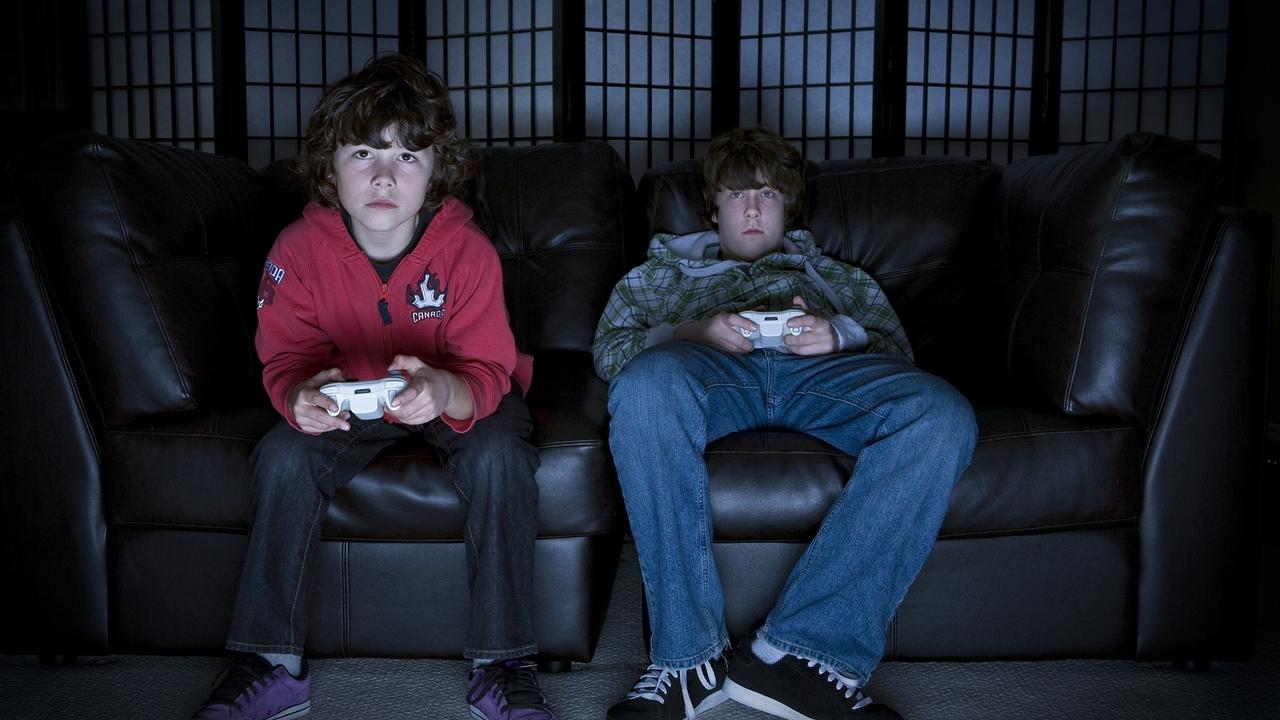'Gaming Disorder' Gets Classified as Mental Health Disease

The World Health Organization has added "gaming disorder" to the official list of diseases for 2018. Gaming has officially been added to the list of other problematic behaviors such as gambling and substance abuse.
"Gaming Disorder" is classified as the inability to control when and how often to play video games, despite clear negative consequences.
Because gaming disorder has been added to the World Health Organization's list of diseases, it will be recognized in 2018 by doctors and insurance companies.
Definition Of Gaming Disorder
The draft's language outlines that there are 3 characteristics that qualify gaming behavior as a disorder:
- Impaired control over gaming (e.g. frequency, intensity, duration, termination)
- If the individual starts to prioritize gaming over many other life interests and daily activities
- If they continue playing despite clear negative consequences
"The behavior pattern is of sufficient severity to result in significant impairment in personal, family, social, educational, occupational or other important areas of functioning."
To be diagnosed, the symptoms and behavior must be evident for at least 12 months.
"Addictive behaviors are actions beyond conscious control that are constantly repeated by a person who is dependent on a chemical substance or activity. Addictive thoughts or obsessions are often at the basis of addictive behaviors. The person feels compelled to seek out alcohol, drugs or a certain activity even if he wants to stop doing so, and even if his obsession interferes with his career, relationships and/or health. He cannot control his addictive behaviors, and he may deny that they exist or that they are having a bad effect on his life.
Another symptom of addictive behaviors is loss of control. For example, a gambler may tell herself she is stopping after her first loss of the evening or a smoker may pledge to just have one cigarette, but the gambler keeps going all night and the smoker goes through an entire pack. Other symptoms include hiding the activity from family and friends, depression, low self-esteem, and the sense that you are wasting time or ruining your life, but yet you cannot stop. People can have addictive behaviors centered around any number of things, including drugs, alcohol, gambling, binge eating, sex or even shopping."
Source: Addiction.com

How To Treat Gaming Addiction
Gaming addiction treatment is similar to treatment for other addictions. Typically individual and family counseling is recommended. Identifying triggers and healthy coping strategies is a big part. Cognitive and wilderness therapy have also been used in treating gaming addiction. Additionally, there are recovery groups and treatments centers focused specifically on gaming addition.
If you think you or someone you love is struggling with a gaming addiction reach out to a medical professional like your pediatrician or family care provider who can connect you with the best resources in your community.
This post originally appeared on TodaysMama.com

